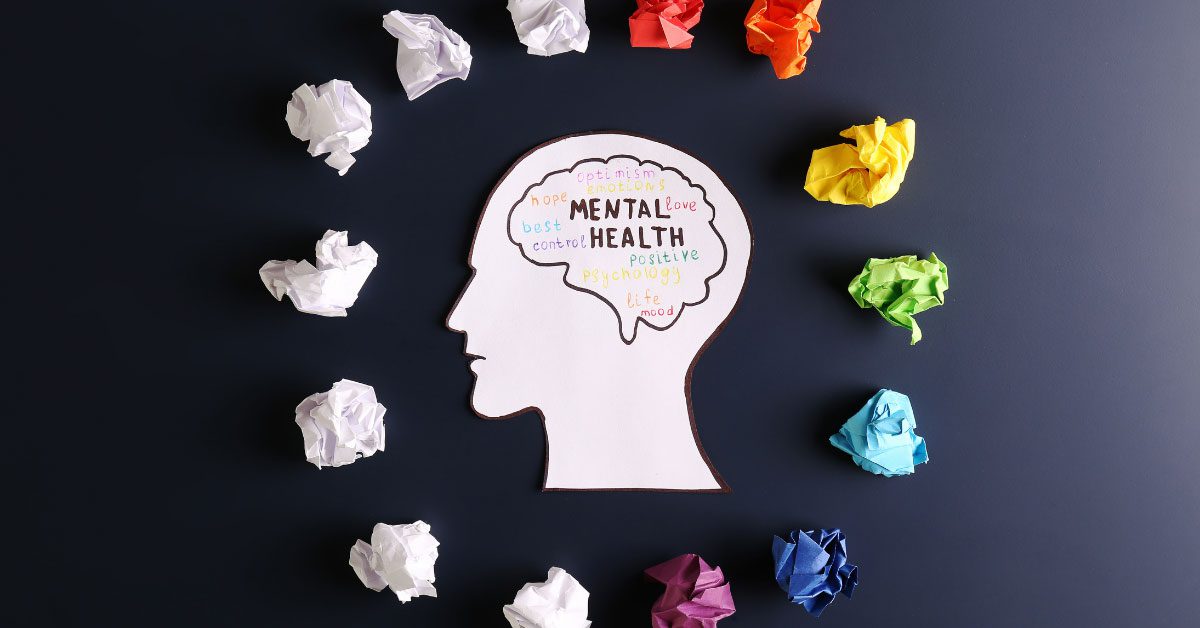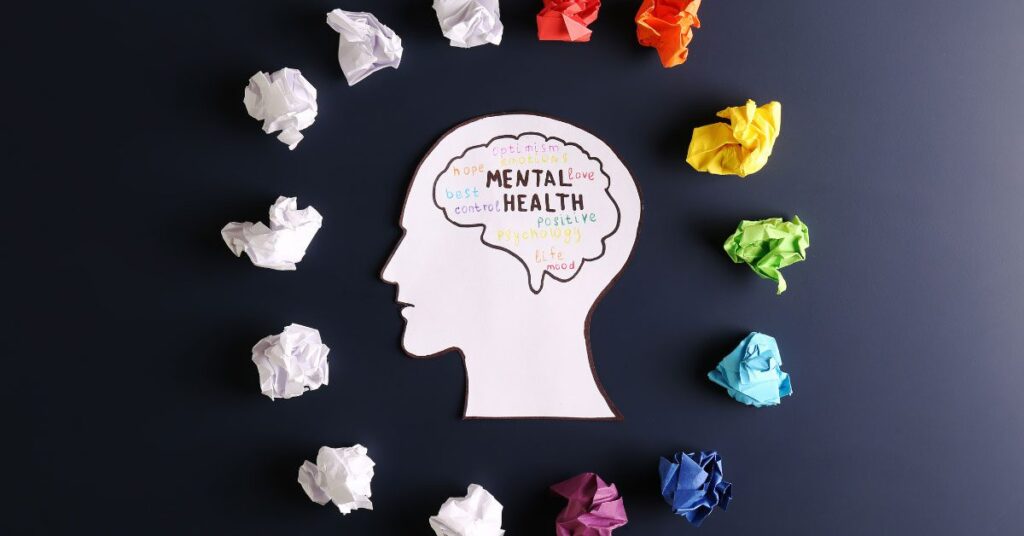How Do Drugs and Alcohol Affect Mental Health?
Drugs and alcohol cause mental health issues to worsen, even if they temporarily create a false improvement while under the influence.
The effects of drugs and alcohol cause many mental health symptoms to worsen, even if the substance temporarily makes the person feel better while high or drunk. Mental health refers to the health of the mind and emotions, and people who use substances struggle with their thoughts and feelings.
Researchers have found that about half of individuals who experience addiction during their lives will also experience a co-occurring mental disorder and vice versa. (NIMH)

Why Do People Abuse Drugs or Alcohol Instead of Getting Counseling?
In general, when a person first starts drinking or using drugs, their motive is not about their mental health. At least they are not aware of doing that -yet. Emotions and cognitive processes are complex. Succumbing to peer pressure or experimenting with substances indicates that the person is not secure with their life.
But then, some people instantly find relief in the substance and never look back, nor did they get the chance to uncover what was going on with them before they used it. Addiction and alcoholism start long before someone ingests a substance. Unfortunately, most people who struggle with drugs and alcohol had early negative life experiences and did not know they were in pain.
How Do We Identify Someone Who Abuses Drugs or Alcohol?
Identifying risk factors for developing an addiction is a research topic among developmental psychologists who redefine how we spot at-risk youth, teens, or young adults. The National Institutes of Health state why this is an area that needs more research.
“There is a growing body of evidence pointing to the powerful influence of early adverse experiences on a child. We consider the case for drug addiction as a developmental disorder and consider the role of genetic, epigenetic, and neurobiological factors during experiences of adversity at key stages of development. Such a multilevel approach within a developmental framework has the potential to reframe our understanding of how addiction emerges and is maintained and is essential if we are to identify the mechanisms underlying this disorder better to inform effective treatment and prevention across the generations.” (NIH)
What Are The Indicators for Developing and Addiction or Alcoholism?
The current risk factors are important but do not necessarily identify the complexity of the individual’s growth and development. Still, the experiences that are linked to people who get addicted to substances include these situations:
- Have experienced a Trauma
- Were physically or sexually Abused
- Neglected by parent or caretaker
- Grew up in an environment where drugs and alcohol were consumed
- Undiagnosed mental health disorders
- Family histories of Addiction
How Are Drugs Identified Medically?
Medical drugs include central nervous system stimulants, depressants, opioids, and hallucinogens. Some drugs affect a person in two classes, as in the case of cannabis (depressant and hallucinogen). The CNS stimulants include cocaine, crack cocaine, methamphetamine, prescription stimulants (Adderall, Ritalin). CNS depressants include alcohol, benzodiazepines (i.e., Xanax), and tranquilizers or sleep medications. Opioids include heroin, prescription pain killers, and Fentanyl. Hallucinogens include ecstasy, molly, LSD, and cannabis.
Which Drugs Cause the Most Mental Health Problems?
Stimulants are by far the most damaging to a person’s mental health. Methamphetamine is particularly dangerous as it will cause psychosis and lingering paranoia for many years after the person stops using it. Another stimulant that also causes mental illness is crack cocaine. Crack cocaine causes depression for many users. Aside from stimulants, alcohol causes many emotional and mental health disorders. When comparing the two substances as a stimulant class and a depressant class, stimulants will cause the most harm to a person’s mental health.
What If Someone Says They Just Need Detox for Recovery
Usually, most people with addictions are aware that they are struggling somehow with their feelings, especially when not on a substance. They will have anxiety, depression, anger, or other adverse emotional or mental reactions and not know why. For these reasons, professional, evidence-based treatment must be provided.
Nearly all addicts and alcoholics have past hurts and need to heal. The trick is giving them enough time with a comprehensive treatment program to understand what is wrong. It takes time to discover how people’s minds or feelings were affected and why they use drugs and alcohol to self-medicate. The best solution is a long-term treatment program tailored to their specific needs.
Evoke Waltham Offers Evidence-Based Therapy and Inpatient Programs
We provide advanced treatment for drug and alcohol addictions that allow our patients to recover from their drug and alcohol usefully. Our evidence-based programs provide behavioral therapy, such as CBT and DBT, one-on-one counseling, medication-assisted treatment, holistic therapy, and mindfulness-based recovery.


